"Dhaka, the capital city of Bangladesh, has once again found itself in the global spotlight as it secured the unenviable second position in the list of cities with the worst air quality worldwide. As of 9:30 am this morning, the city recorded an Air Quality Index (AQI) score of 387, categorizing its air as 'hazardous''
Dhaka is second on the list of cities with the highest pollution levels in the AQI index. The top-ranking city in terms of poor air quality was Accra in Ghana, followed by Dhaka, Karachi in Pakistan, and Shenyang in China, with AQI scores of 423, 387, 193, and 183, respectively.
The AQI serves as a crucial indicator for residents, providing insights into the cleanliness or pollution levels of the air and the potential health risks associated. In the case of Dhaka, an AQI value exceeding 301 is deemed 'hazardous', posing significant health threats to the city's residents.
Particulate matter (PM10 and PM2.5), NO2, CO, SO2, and ozone are the key pollutants considered in the AQI calculation for Bangladesh. When the AQI value falls between 101 and 150, air quality is labeled as 'unhealthy for sensitive groups', escalating to 'unhealthy' between 150 and 200, 'very unhealthy' from 201 to 300, and 'hazardous' beyond 300.
Dhaka has long grappled with air pollution issues, a predicament exacerbated during the winter months, while experiencing some relief during the monsoon season. The city's residents are all too familiar with the annual cycle of deteriorating air quality.
According to the World Health Organization (WHO), the global toll of air pollution is alarming, claiming an estimated seven million lives annually. The main contributors to this staggering statistic include increased mortality from stroke, heart disease, chronic obstructive pulmonary disease, lung cancer, and acute respiratory infections.



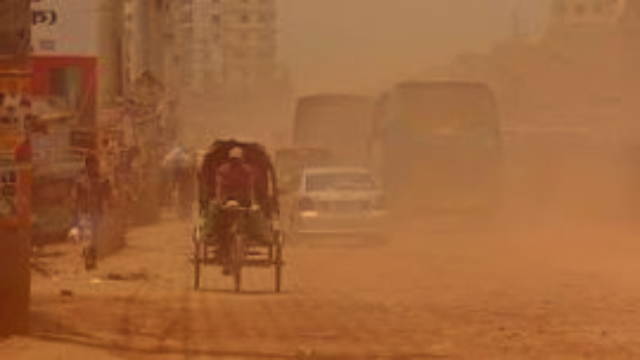


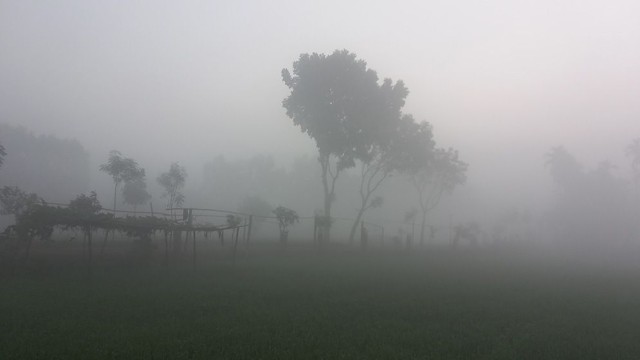
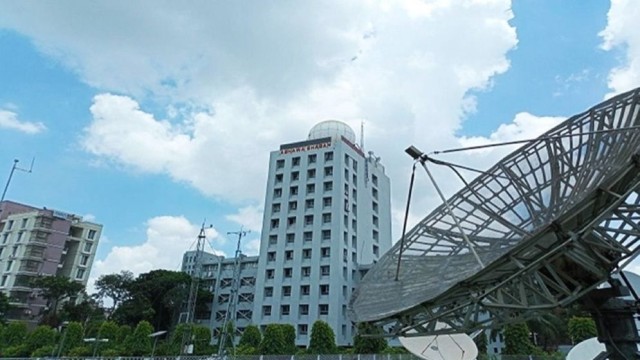
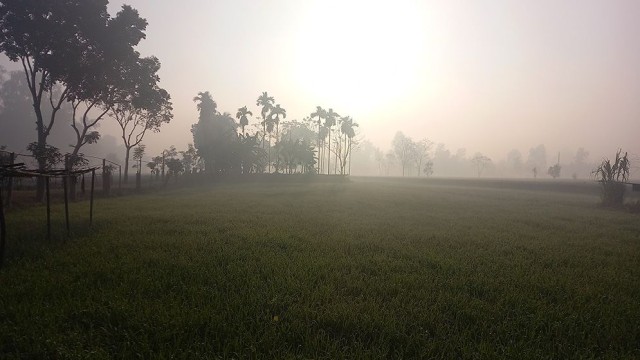
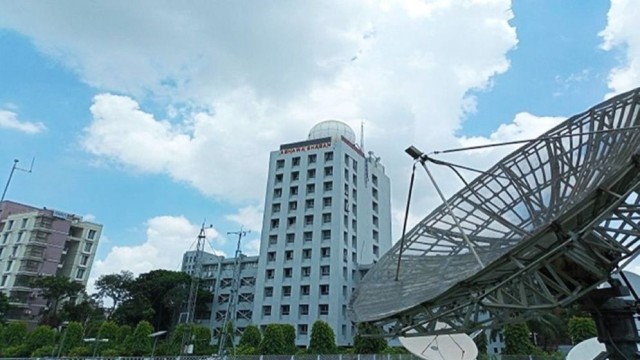





















Comment: